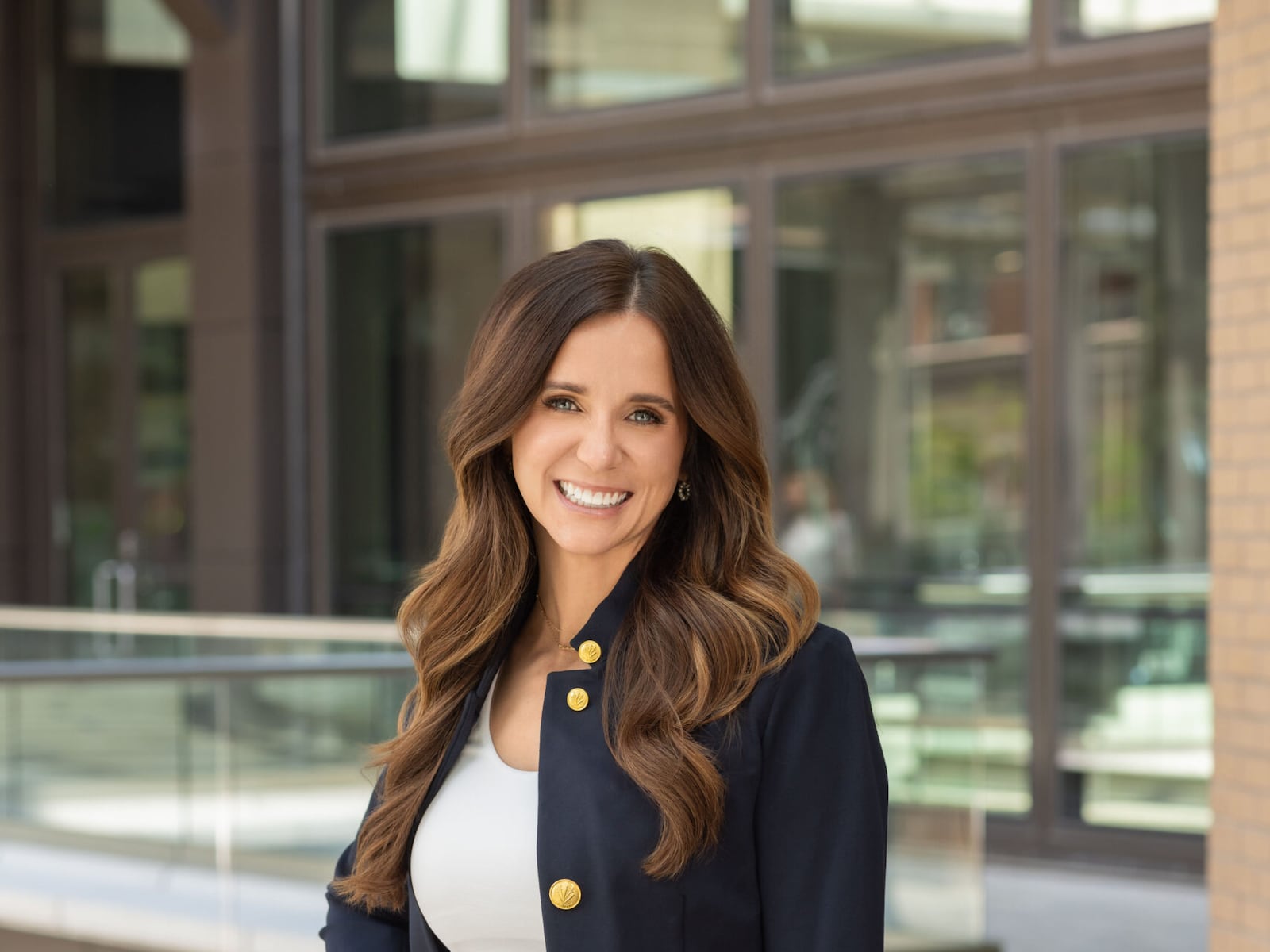Holly Waddington spent her childhood learning all there is to know about floors — a natural side effect of watching her parents operate their small business, Carpet Diem.
“I love the foundation that we were built upon,” Waddington recalls. “All of us kids joke that we were brainwashed. Flooring was the only way in our minds.”
After over 22 years working at Carpet Diem, Waddington, who is now the EVP, has helped grow the company from 10 employees to over 60. She has done everything from administration and operations to leading marketing and communications, but it was her time working as a full-commission, outbound sales representative during the 2008 recession that she says really impacted the trajectory of her career — and instilled a sense of grit and perseverance.
“For many years, I was focused just on outbound sales [and asking], ‘How can we bring value to the builders? How can we continue to grow our company?’” Waddington recalls. “Since 2016, I’ve been able to grow the business an average of 38 percent year over year.”
Waddington says the company strives to make builders’ lives easier during the homebuilding process, always remembering that a home is being built for somebody, and the floors are where lives are being lived. Her efforts have yielded incredible results, such as innovating and executing the company’s design studio that now accounts for $9 million of Carpet Diem’s annual revenue and being the recipient of many awards and accolades.
“I am definitely a visionary. I always want to go big, do it differently [and] be bold,” she says.
This spirit expands into service. Waddington is the board president for HomeAid Utah and community service chair for the Salt Lake Home Builders Association. She has designed diaper drives that have broken records and participated in a Professional Women in Building group where she collaborated with professionals across the industry to construct an entire house by all women — a movement that garnered national attention and became a children’s book.
“Utah’s construction industry is so unique in the way that people pull together. We have the privilege of building homes and neighborhoods,” Waddington says. “We also have the obligation to give back to those who are unhoused and aren’t fortunate [enough] to be building a home. We should be doing our part to help them get back on their feet. The more we grow, the more opportunities come that we can continue to give back.” To Main Page

